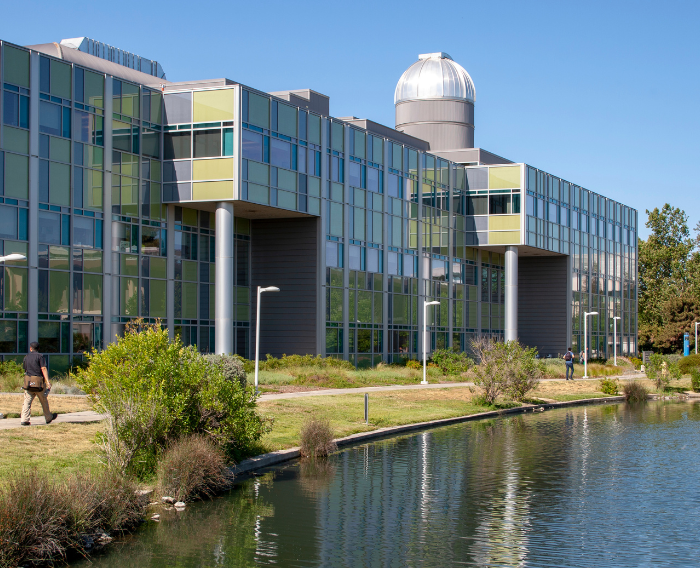
What is Undergraduate Research?

Undergraduate research in the Department of Biological Sciences at Stanislaus State offers you a chance to more deeply engage in biology through hands-on learning and close collaboration with faculty mentors. As an undergraduate researcher, you will conduct experiments or investigations that make an original intellectual contribution to the field of biology. Additionally, you can learn about new career paths, contribute to meaningful scientific discoveries, attend conferences, and even co-author publications. This opportunity to work closely with your faculty mentor and dive into a field of interest is an excellent first step in your scientific career!
Why Participate in Undergraduate Research?

Learn new skills! - Research offers an incredible opportunity to develop new technical, and critical thinking and problem-solving skills, qualities that are highly prized by employers, graduate schools, and professional schools.
Get hands-on experience! – Participating in research reinforces concepts learned in the classroom and allows you to apply your biological knowledge to real world problems, whether in the lab, the field, or even on the computer.
Discover new knowledge! - Participating in research allows you to contribute to the advancement of science. Whether it's conducting experiments in the field or in the lab or analyzing data, you can play an important role in improving our understanding of the living world.
Meet new people! – Participating in research allows you to work alongside faculty, graduate students, and fellow undergraduates, which is a great way to make new friends, contacts, and get letters of recommendation.
How do you find a research mentor?
- You can visit our faculty webpage to see if any of the professors are working in an area you’re interested in. If that professor has a research website, you should visit that too!You can also think about the faculty who taught your favorite classes...maybe they will have some interesting research. You may also want to read some of the publications from the research group.
- Reach out to the professor via email. You can introduce yourself and express your interest in joining their research program. It’s helpful if you specifically mention why you find that research interesting. You can propose some meeting times to discuss in person. It is also helpful to attach your CV and a copy of your undergraduate transcripts. Sometimes professors need research assistants to have already completed certain classes.
- Once you have set up a meeting time, you should think about describing your interest in research and how much time you have per week to spend in the lab or field. Ask about what expectations that professor has for their research students but also what you might want in mentorship style. Sometimes you may not be a good fit with a certain mentor, and that’s ok!
- If you find out that a research program isn’t right for you for any reason (e.g., timing, available projects, etc.), don’t get discouraged! There are lots of factors that can go into finding the best research program for you!
- Don’t make your decision right away. Feel free to speak with multiple professors to get an idea of what research program will be a good fit for you. If you are offered a position you end up deciding against, make sure to politely decline so the professor can offer the position to another student.
Now that you’ve found a research position, what is required of you?
Commitment and Dependability – If you are accepted into a research position, your professor and other students in the lab group are counting on you. You will be expected to attend regular meetings, actively participate in experiments and discussions, and complete assigned lab tasks in a timely manner.
Responsibility – As a researcher, you should take responsibility for your role in the research project. You will be expected to follow all safety protocols, collect accurate data, maintain precise records of experiments, and adhere to ethical guidelines.
Professionalism – Student researchers are always expected to conduct themselves professionally in all aspects of their research activities. This includes treating faculty, fellow students, and research subjects with respect and courtesy, and respecting research confidentiality.
Communication - Effective communication is essential for successful collaboration. Students should be able to communicate clearly with faculty and fellow students. Furthermore, if you’re not sure how to do something or something doesn’t make sense, ask for help!
Time Management - Balancing research responsibilities with coursework, extracurricular activities, and personal commitments can be tough. Therefore, you will be expected to demonstrate effective time management skills. Make sure you set realistic goals, prioritize important tasks, and allocate time to make sure you achieve your research goals.
Updated: September 13, 2024